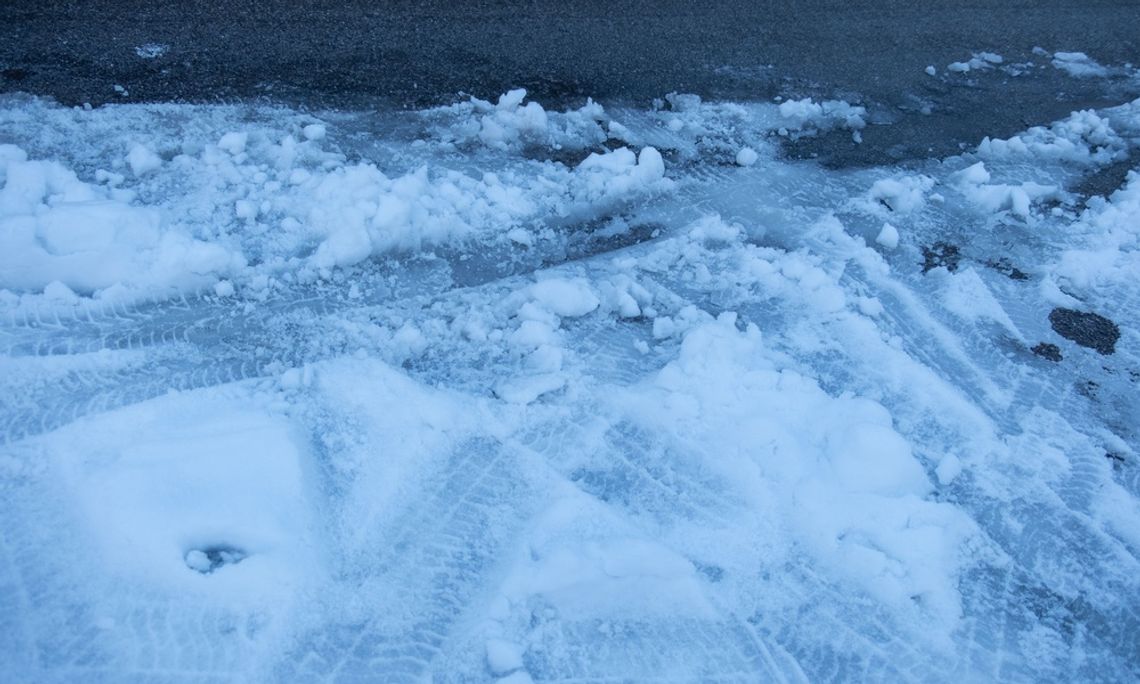Winter brings snow, ice, and freezing rain. It’s pretty to look at from inside your warm home, but it's not so pleasant when you have to shovel and scrape it off your property. Driveways take a beating during the winter months; the freeze-thaw cycles and all that salt can produce cracks. When everything thaws come spring, you're left with a driveway that needs repairs.
Isn't there anything you can do to protect your pavement from this sorry fate? Here are some tips on how to protect your driveway from winter weather.
Sealcoat Your Driveway
A sealcoat provides a protective layer over your asphalt. It shields the pavement from moisture, chemicals, and UV rays. A fresh coat before winter will block water from getting into the pores of the asphalt. This prevents the freeze-thaw cycle from creating new cracks. You get a beautiful, black finish that also makes it easier to clear snow.
Repair Existing Cracks
One reason to repair cracks in asphalt driveways in a timely manner is because water from rain or melting snow can seep into them. When that water freezes, it expands and makes the cracks worse. What started as a small crack can become a huge problem after a freeze-thaw cycle.
If your driveway has pre-existing cracks, buy crack filler at a hardware store for a simple DIY fix before the next snow comes.
Clear Snow Promptly
Don't let snow and ice sit on your driveway for long periods. The freeze-thaw cycle is one of the biggest culprits of driveway damage. Prompt snow removal minimizes the amount of water that can seep into cracks.
Use a Plastic Shovel
When you're clearing snow, the type of shovel you use matters. A metal shovel can scrape and chip your driveway’s surface. This creates weak spots that are vulnerable to damage.
A plastic shovel is a much gentler option. It still gets the job done without scratching or gouging your asphalt or concrete. You'll clear the snow without causing extra wear and tear.
Choose Safe De-icers
Rock salt is a common choice for melting ice, but it's very corrosive to driveways. Salt accelerates the breakdown of asphalt and concrete. It can also harm nearby plants and grass.
Instead, look for de-icers labeled "concrete-safe" or "asphalt-safe." Calcium chloride is a popular alternative that works well at lower temperatures and is less damaging than traditional rock salt.
Protected Your Driveway This Winter
Winter can be tough on your driveway, but you can give it a solid defense to protect it from the weather's wrath. Use these tips to prepare your driveway for the cold, and your pavement will hold up beautifully this season!


Comment
Comments